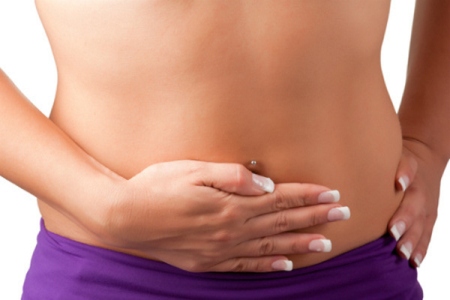Fluid retention in the body: Types, Causes and Remedies
The fluid retention in the body can be of various types and respond to different causes, some of them revealing a more serious health problem. Not only weight gain and unbalanced diet can cause the displayed swelling, the symptoms most characteristic of fluid retention. Discover the causes, remedies and solutions.
Around 60% of our weight -in adults- is fluid, which would, according to medical data, to represent approximately 40 liters. Fluid that, under normal conditions, are distributed as follows: about 28 liters in the interior of the cells and the remaining approximately 14 outside (the latter in turn being in the spaces between the cells (about 11 liters) and about three in the blood). The body fluid is mainly water and some dissolved substances can be exchanged by the permeability of the cell membranes and the blood capillaries.
Table of Contents
Fluid retention in the body: Types and Causes
The fluid may be retained within the cells both as between themselves or in the blood. When there is an excess in the first two cases (within and between the cells) is called edema.
What are the most common causes of fluid retention in the body? The most common are:
Renal Failure:
It causes the retention of water and salt, increasing the volume and pressure of the blood and facilitating fluid to drain out of the capillaries.
Heart Failure:
We are facing a condition that slows blood circulation and accumulate in the capillaries and increasing the pressure inside, which facilitates the liquid outlet.
Obstruction or enlarged veins:
This causes a difficulty in returning blood to the heart, especially of the legs by immobility of these, which puddles and increases blood pressure in the capillaries.
Obstruction of the lymphatic channels:
Caused by inflammation, tumors, or surgical interventions, preventing the fluid between the cells can return to the blood.
Plasma protein deficiency:
This deficiency hinders fluid retention in the blood and facilitates its exit. This deficiency may be due to protein loss as a result of burns or urine (kidney impairment) or a lower formation of them due to a disease of the liver or by poor diet (diet low in vitamins and other nutrients).
Symptoms of fluid retention in the body
Swelling is the most common symptom of the accumulation of fluid between cells. If pressed with finger left a sunken track, fluid retention. If lymph footprint is shallower and disappears quickly, and if fat, this footprint is not formed.
The swelling from heart failure or difficulties in venous return is the force of gravity, so it starts with the ankle and decreases at bedtime.
Meanwhile, the swelling due to kidney failure occurs first in the face. If fluid retention is important, unexplained weight gain can also be a symptom. Fluid retention can also lead to a greater feeling of tiredness.
Solutions of fluid retention in the body
The diet also plays a key role to prevent fluid retention. For example, it is advisable to avoid boiled meals, since food earns a percentage of water which then remains in our body. Better prepare grilled foods, steamed or papillote.
As far as possible, also, avoid the sausages and smoked products, and reduce salt and substitute other herbs or spices. It is advisable to drink at least 1.5 liters of water per day (a glass in fasting helps eliminate toxins) and as well as herbal teas or fruit juices.
Another habit to follow, the practice of physical exercise. Swimming, aerobics, cycling or fast walking are some of the most effective exercises to prevent fluid retention.
End Note
Logically, the solutions to fluid retention will come determined by the cause that provokes it, being the doctor who must advise the best treatment in each case. There are some treatments such as mesotherapy or acupressure, which act directly on the areas in which fluid accumulates.
